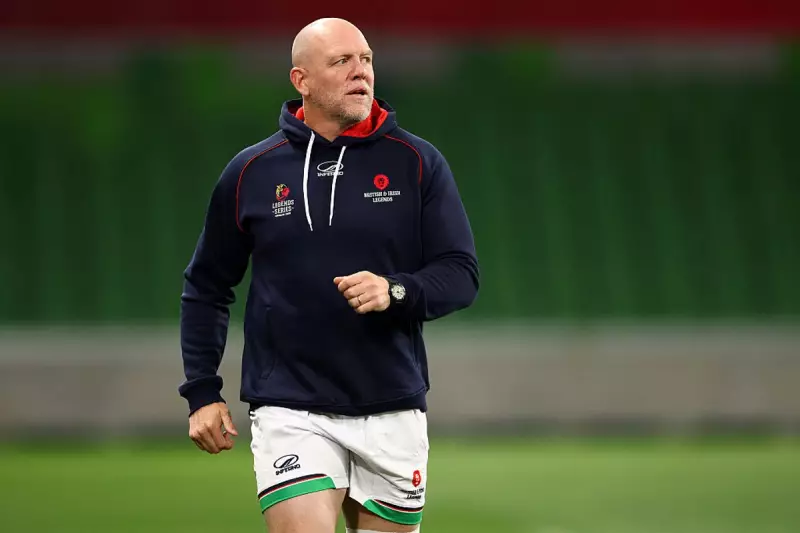
In a groundbreaking move that could reshape the future of rugby union, sports technology firm R360 has unveiled an ambitious blueprint to address the sport's mounting injury crisis while preserving its core physicality.
The Four-Pillar Strategy for Rugby's Evolution
R360's comprehensive approach targets what many are calling rugby's existential threat - the alarming rise in serious injuries, particularly head trauma. Their strategy rests on four key pillars designed to create a safer, more sustainable version of the game without sacrificing its essence.
Technological Innovation Takes Centre Stage
At the heart of R360's proposal lies cutting-edge technology. The company is developing advanced mouthguard sensors that provide real-time data on head impacts, potentially revolutionising how concussions are identified and managed during matches.
"We're not just creating gadgets; we're building an ecosystem that protects players while maintaining rugby's character," an R360 spokesperson revealed.
Proposed Law Changes to Reduce Dangerous Collisions
The blueprint includes several strategic law modifications aimed at reducing high-force contacts:
- Lowering the tackle height to below the sternum
- Introducing weight categories for professional players
- Modifying the breakdown to decrease head-to-ground impacts
Addressing Rugby's Silent Epidemic
Recent statistics paint a concerning picture, with concussion rates increasing by over 25% in professional rugby since 2018. R360's data-driven approach aims to reverse this trend through evidence-based interventions.
"The current injury rates are unsustainable. Players, coaches, and fans all recognise something must change," the spokesperson emphasised.
Grassroots to Professional Implementation
R360's vision extends from community clubs to international level, proposing a phased implementation that allows for adjustment and refinement. Their research suggests these changes could reduce serious head injuries by up to 40% while maintaining the sport's entertainment value.
The rugby community is watching closely as this bold initiative could represent the most significant transformation the sport has seen in the professional era.




